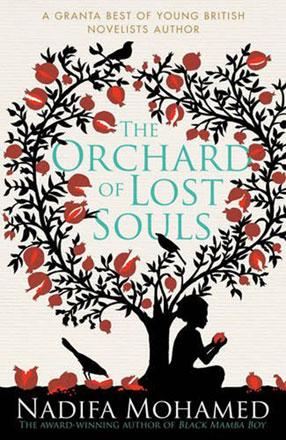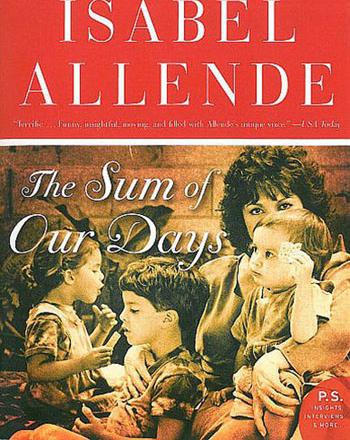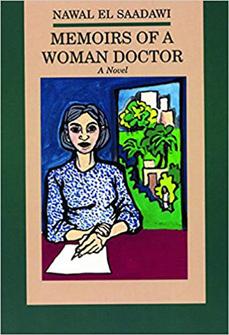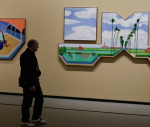You are here
Searching for family
Mar 25,2018 - Last updated at Mar 25,2018

The Orchard of Lost Souls
Nadifa Mohamed
UK: Simon & Schuster, 2014
Pp. 338
Focusing on the lives of three females, British-Somali writer Nadifa Mohamed paints a vivid picture of everyday life and popular culture in Somalia in the late 1980s, and how they are being threatened by the brewing civil war. Though quite different in age and background, all three might be described as lost souls, but, each in her own way, they are resisting such a fate. The cruel effects of poverty, dispossession and violence are starkly portrayed, sometimes giving rise to horrifying images, but Mohamed’s pen is equally adept at revealing her characters’ emotional and spiritual lives and the unexpected beauty of small things.
Most of the novel is set in the north, in Hargeisa, where the three protagonists accidently collide at a public celebration of the revolution, i.e., the military coup that brought the current president to power eighteen years before. Attendance is mandatory and women must wear traditional dress. “This is the way the government seems to want them — simple, smiling cartoons with no demands or needs of their own.” (p. 7)
The three protagonists attend with widely divergent motivations. Kawsar, an older women, comes with her neighbours, but grudgingly. She had seen better days and once harboured hopes of her country moving in a progressive direction, but personal experience has made her acutely aware of the government’s corruption, hypocrisy and failure to meet the people’s needs.
Filsan, an army officer, comes from Mogadishu to be part of the security force charged with keeping the celebration in line. She comes willingly and proudly, “hoping to show that although a woman, she has more commitment to the revolution than any of her male peers”. (p. 10)
Nine-year old Deqo, an orphan and the most endearing of the characters, comes from the refugee camp which houses those displaced in the 1978 war with Ethiopia over the Ogaden desert. She also comes willingly to participate in a dance troupe for which she has been promised a pair of new shoes.
As the performance starts, Deqo has a momentary blackout and cannot remember the dance routine. She is dragged away and beaten by the organisers.
“The sight touches Kawsar, a moment of truth within this fiction… Kawsar feels something has broken loose inside her, something that has been dammed up — love, rage, a sense of justice even; she doesn’t know what, but it heats her blood.” (p. 21)
When she tries to rescue Deqo, she is arrested. Deqo manages to escape but Kawsar is taken to the police station, where Filsan, who has just been sexually harassed by a top general, beats her without mercy, leaving her unable to walk.
The three women don’t meet again until the end of the novel when the war between the government and the rebels breaks out in full force. By that time, all of them have changed and the author has filled in their backgrounds. Their stories tell us not only about Somalia, but about how personal experience intersects with war and politics, and how women are doubly vulnerable. All of their stories are about loss, broken dreams and searching for family to replace the loved ones they have lost.
From Deqo’s story one learns how a homeless girl can survive the dangers and betrayals that lurk on all sides, and, most of all, the pain of having been abandoned by her mother. In the camp, they were all refugees, but the others had families and knew who they were. For Deqo, “life was just a tightrope to be walked pigeon-toed”. (p. 97)
Kawsar’s story traces the history of her community and the post-colonial changes she has witnessed, especially the growing abuses of the dictatorship, which is responsible for her ever-lingering pain at having lost her daughter, her only child. Despite having been rendered an “invalid”, she turns down chances to escape the escalating violence, wanting to remain near her orchard which flourishes by virtue of her several miscarried children being buried there. Still she feels profoundly uneasy: “The whole country has ceased to make sense… policewomen have become torturers, veterinarians doctors, teachers spies and children armed rebels.” (p. 183)
Filsan’s story is one of emotional crippling due to her rigid, loveless upbringing. While her father encouraged her education to be on a par with men, he brought her up in isolation from the broader society and half-hated her for resembling her mother who had left him for another man. A driving ambition was instilled in Filsan, but not an ounce of human compassion.
Mohamed’s vivid prose both shocks and comforts, showing the extremes of human cruelty and degradation, but also the beauty and healing potential of human kindness and friendship. The scenes she creates literally throb with visceral details and pathos. The protagonists’ stories clearly show how power relations permeate the personal and public spheres. While differing political aims, poverty and injustice can lead to violence, so can personal frustrations and lack of love.
While telling a captivating story, Mohamed warns of the dangers of dictatorship and militarisation, whereby citizens are trained to unthinkingly follow orders, and forget their humanity.
“The Orchard of Lost Souls” is available at Books@cafe.
Sally Bland
Related Articles
Bad Girls of the Arab WorldEdited by Nadia Yaqub and Rula QuawasAustin: University of Texas Press, 2017Pp.
This is the sequel to “Paula”, the memoir Isabel Allende wrote in response to the tragic death of her daughter in 1992.
Memoirs of a Woman DoctorNawal El SaadawiTranslated by Catherine CobhamLondon: Saqi Books, 2019Pp.


















